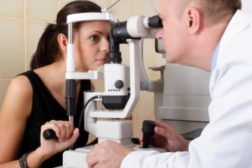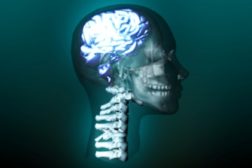Workplace Health
Myth: Watching TV for too long or sitting too close can damage your eyes
Read More
Want to cut back on salt? Use herbs and spices instead
But being trained how to do it is even better
March 21, 2014
Never miss the latest news and trends driving the safety industry
eNewsletter | Website | eMagazine
JOIN TODAYCopyright ©2024. All Rights Reserved BNP Media.
Design, CMS, Hosting & Web Development :: ePublishing








